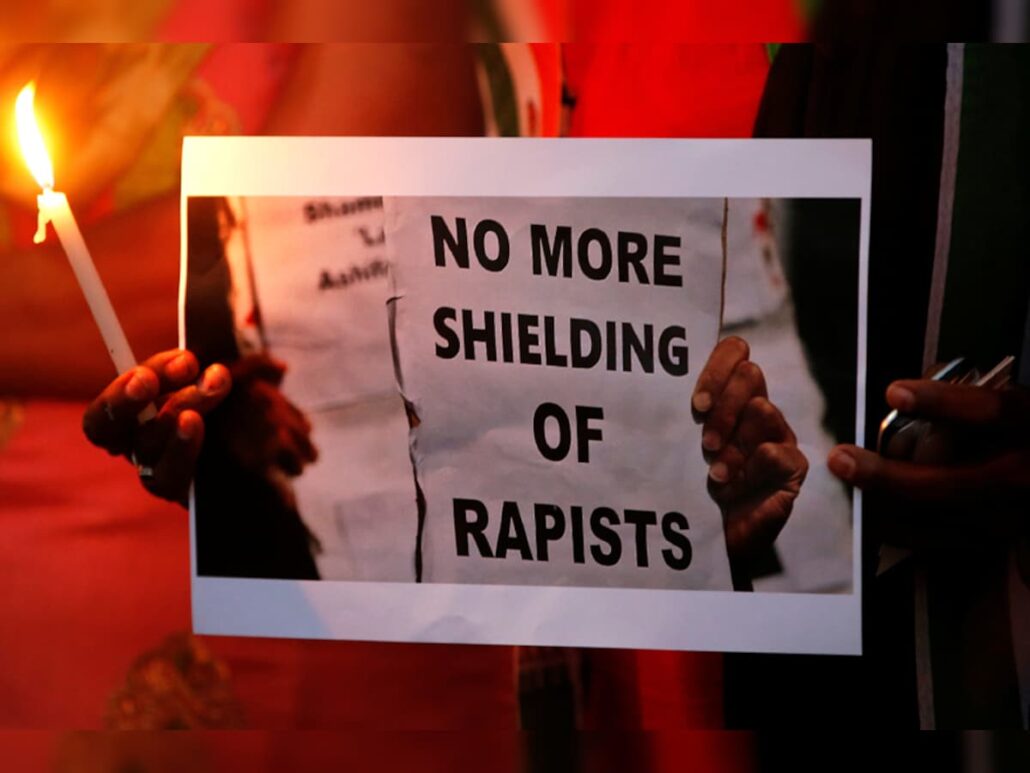
The Supreme Court on Wednesday set aside the verdict of a Jammu Kashmir court in the Kathua rape case and ordered that
A Supreme Court bench headed by Justice Ajay Rastogi and Justice JB Pardiwala said, “The main accused in the Kathua case should be tried as an adult and not a juvenile.”
The bench noted that the Chief Judicial Magistrate, Kathua, has heard the judgment pronounced in the matter in view of the juvenile age of the accused.
The apex court noted that the Jammu Kashmir government has claimed that the High Court had wrongly confirmed the order of the judicial magistrate’s court declaring the main accused as a minor.
The bench said that in the absence of evidence regarding the age of the accused, the medical opinion should have been considered for determining the age. Whether or not to rely on medical evidence depends on the value of the evidence.
The apex court in its judgment said that the order of the Kathua Magistrate is set aside and the accused should not be considered a juvenile at the time of the offence.
Kathua rape case dates back to 2018 and involved the abduction, gang rape, and murder of an 8-year-old Muslim girl, Asifa Bano, by six men and a juvenile, in January 2018 in the Rasana village near Kathua in Jammu Kashmir.
The post-mortem revealed the presence of clonazepam in the body of the dead girl. The examination by the doctors found that the girl had been drugged with a sedative before she was raped and murdered and held as captive inside a temple.
Forensic evidence suggested that she had been held for several days by Sanji Ram, one of the individuals accused of the crime. Strands of hair recovered from the temple matched those taken from the girl. The forensic examination stated that Bano had been raped multiple times by different men, and that she had been strangled to death, as well as hit in the head with a heavy stone.
The Delhi Forensic Science Laboratory analyzed 14 packets of evidence containing vaginal swabs, hair strands, blood samples of four accused, viscera of the deceased girl, the girl’s frock and salwar, simple clay, and blood stained clay. Vaginal swabs matched with the DNA of the accused as did some other samples. Hair strands found in the temple where Asifa was raped matched that of the girl and the accused.
The accused Sanji Ram was found to be the main accused in the case. He is the priest of the family temple, where the incident allegedly took place.
The victim disappeared for a week before her body was discovered by the villagers a kilometer away from the village. The arrests of the accused had led to protests by BJP members. The protest in support of the accused men was attended by two ministers from the Bharatiya Janata Party, both of whom later resigned. The gang rape and murder, as well as the support the accused received, sparked widespread outrage.




